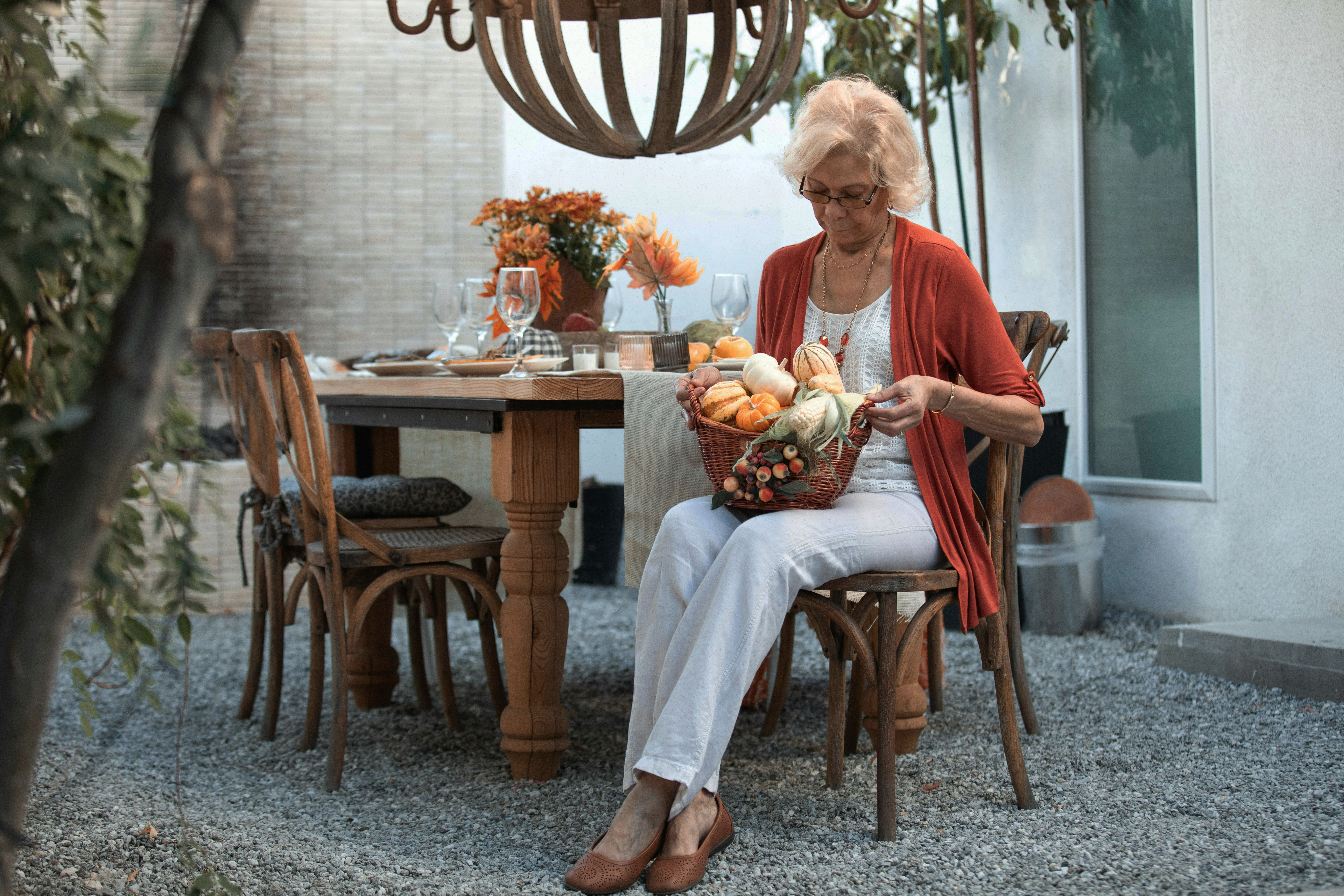When the Holidays Don’t Look Like the Movies
For many people, Thanksgiving brings images of full tables, laughter, and family traditions. But real life doesn’t always match that picture. Maybe you’re newly divorced. Maybe your kids are spending the day elsewhere. Or maybe you’re surrounded by people and still feel strangely alone.
If that’s you, I want you to know that there’s nothing wrong with you. The cultural expectation that this day should look or feel a certain way can make the reality of your life feel painful, even if you’re at peace with it most of the year.
Why Holidays Can Amplify Loneliness
Loneliness isn’t just about being physically alone. It’s about disconnection — from others, from belonging, or sometimes from yourself.
The holidays magnify that disconnection because they highlight what’s missing: the partner who used to carve the turkey, the adult children who’ve moved away, or the sense of family closeness you never really had.
As a therapist offering individual and couples therapy in Pasadena, I often remind clients that grief and gratitude can coexist. You can miss what was, or what never was, and still create moments of connection in the present.
Redefining What Connection Looks Like
If your Thanksgiving looks different this year, it doesn’t mean you’ve failed at family or togetherness. It may simply mean that connection needs to take a new shape. Here are a few ideas for how to create it:
1. Choose Presence Over Perfection
You don’t have to orchestrate a “perfect” holiday. Sometimes connection happens in the simplest moments, like walking your dog, talking with a friend, or savoring quiet time with yourself.
2. Reach Out, Even Briefly
Send a text, make a call, or drop a short note to someone you care about. It doesn’t have to be deep or long — even a simple check-in can remind both of you that you matter.
3. Create a Ritual That’s Yours
Make a favorite meal just for you. Go for a sunrise hike. Write down three things you’re grateful for that have nothing to do with other people. Rituals don’t have to be traditional to be meaningful.
4. Let Yourself Feel What’s True
You don’t have to force gratitude or hide your sadness. Feelings lose their intensity when we allow them. Sometimes the most compassionate thing you can do is to say, “This feels hard today,” and let that be enough.
Building “Chosen Family” and New Traditions
Family can be the people we’re born to or the ones we intentionally build. Friends who check in, neighbors who wave, communities that make us feel seen — these connections count, too.
If you’re divorced or in a new life chapter, you have an opportunity to reshape the holidays around what feels authentic to you now. Maybe that’s a Friendsgiving, volunteering, or spending the day in nature. The form doesn’t matter — the feeling of belonging does.
A Thanksgiving Rooted in Authenticity
You don’t have to fake joy to belong. You don’t have to earn your seat at the table by pretending everything’s fine. Whether you’re surrounded by family or spending the day solo, connection begins by showing up honestly — with yourself first.
At the Center for Growth and Connection, we help individuals and couples heal attachment wounds and create relationships grounded in emotional safety and genuine connection. Schedule a consultation to begin your journey toward healthier love.
Michelle Cantrell, LPCC is the Founder and Clinical Director of the Center for Growth and Connection, based in Pasadena, CA. Along with a team of trusted associates, CGC offers individual and couples therapy both in-person in Pasadena and Encino, as well as secure telehealth sessions throughout California.
Don't suffer alone, we are here to help.
Get a free consultation today!
About the Author
I love helping people experience more success in their relationships. So many individuals and couples come to me having had great success in their professional lives while struggling in their most important relationships. Whether I’m working with an individual or a couple, I help clients have healthier relationships with others and themselves, improve their connection with their partners, and become more effective at getting their relational needs met.









